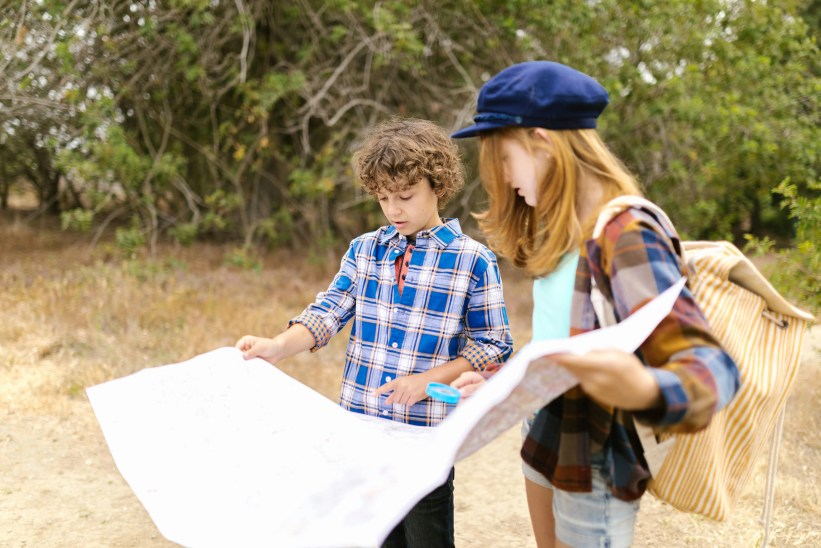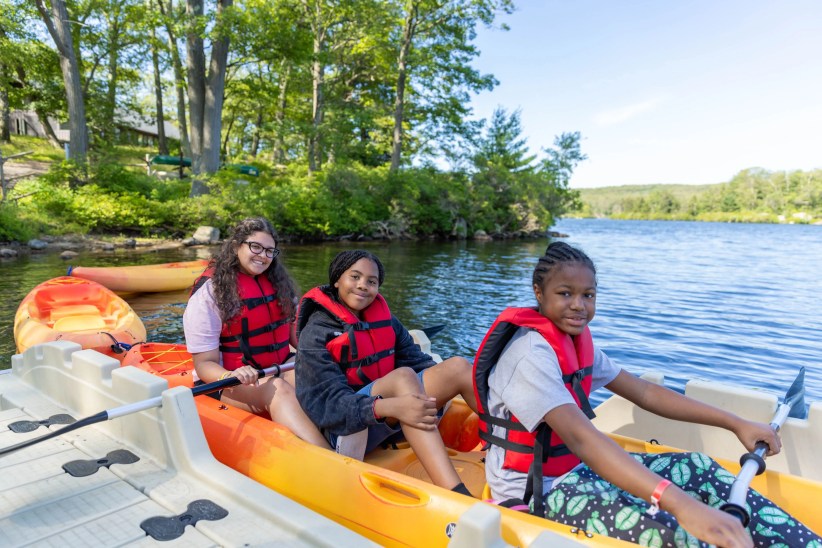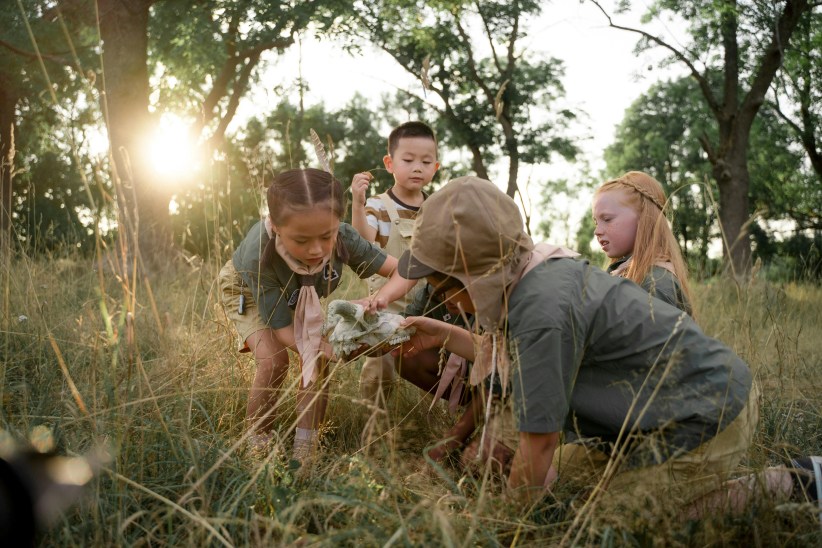
When choosing a summer camp, one of the big considerations parents need to make is whether to opt for a full session or short session camp—or a camp that offers both session lengths. In other words, how much camp is right for your child?
Full session camps are traditionally about seven weeks long. The full summer experience gives campers more time to adjust to camp, become engrained in the camp community, and connect with the program’s traditions. It also gives children more time to deepen friendships and develop skills that they’re learning throughout the summer. Many resident camps offer two-week or four-week introductory sessions for first time campers and the youngest age groups. These sessions can be a good way for first time campers and younger campers to get accustomed to camp life. Some programs will allow these campers to stay the full session if they don’t want to leave after two or four weeks. And even if they choose to go home at the end of the short session, children will be well-prepared to come back for a full session the following year, assuming that’s what they would prefer.
“Parents sometimes ask, ‘Isn’t a full summer session too long?’” says David Fleischner, owner and director of Camp Scatico, a full session brother-sister overnight camp in Elizaville, NY. “Not for campers or counselors. The first part of the summer involves adjustment and the final weeks of summer reinforce skills and deepen friendships. The major goals of camping are achieved after the adjustment period and without the stress of campers coming and going.”
Of course, a full session may not be the best fit for your child and family. If your family always takes a summer vacation or you simply know your child will never be a full session camper, then a shorter session camp might be best. Other families want their children to enjoy all the aspects of camp while also allowing ample time at home during the summer. Some children like to do a combination of overnight camp and day camp. Some like specialty camp programs, which are often segmented into several sessions.
“Many shorter session camps offer a ‘complete’ summer within the summer, where there is a clear beginning, middle, and end, including a color war experience and closing banquet,” says Mark Newfield, owner and director of Iroquois Springs, a coed short session overnight camp in Rock Hill, NY. Campers in each session arrive together and leave together, making it easy to form friendships.
Parents should keep in mind that if they’re choosing a short session camp because they’re worried about sending their child away for a long time, they may be setting up their child for future frustration if he or she would ultimately like to end up at a full session camp. The American Camp Association, NY and NJ, in fact, does not recommend testing out summer camp with your child at a short session camp if you know that you’re likely to want a longer experience in the years ahead. You don’t want your child to become a part of a pure short session camp community and then have them change communities when adding additional weeks of camp to their summer. Better to begin at a longer session camp that has an introductory short session, or at one of the growing number of camps that not only offer seven-week sessions, but also offer smaller sessions available to campers of all ages, and during both parts of the summer.
At these camps, friends try to coordinate so they’ll be attending at the same time, and they also influence each other’s feelings about how long they’ll stay the following summer. Many go through several years of shorter sessions, until they feel that they’re ready for the full summer, and often that’s exactly what their friends end up doing.
If you choose a camp that offers first and second half of summer sessions, that raises another important question: Do you start at the beginning of the season because you want to do something else at the end of the summer? Or vice versa? Some people assume that it’s best to go away at the beginning; however, after being away from home for an exciting summer program, it can be a big letdown to spend the rest of the summer away from camp. For that reason, some families favor the second session, which almost always includes a color war. Plus, at the end of the summer, everyone goes home at the same time, and your child won’t feel like he or she is leaving and missing out on something.
Renee Flax, Director of Camper Placement at the American Camp Association, NY and NJ, adds, “There isn’t one summer option that’s better than another, but families need to decide which is best for their child and their family needs. Whichever session length or camp option you choose, your child is very likely to have a summer filled with friendships, learned life skills, and days packed with exciting activities and events—and, chances are, they’ll probably get more of the same the following year.”
For more information on camps, visit aca-nynj.org, therightcamp.com, and www.newyorkfamily.com






















